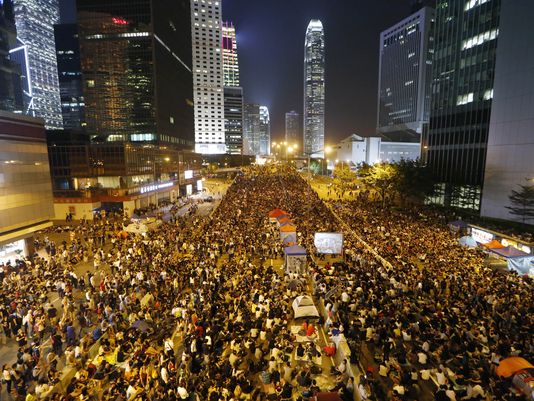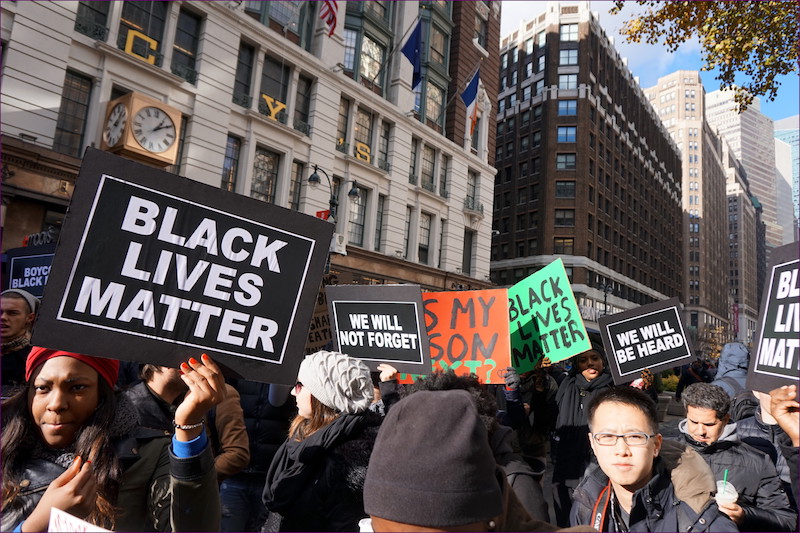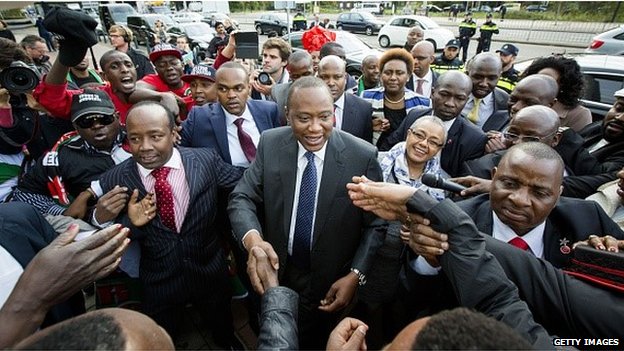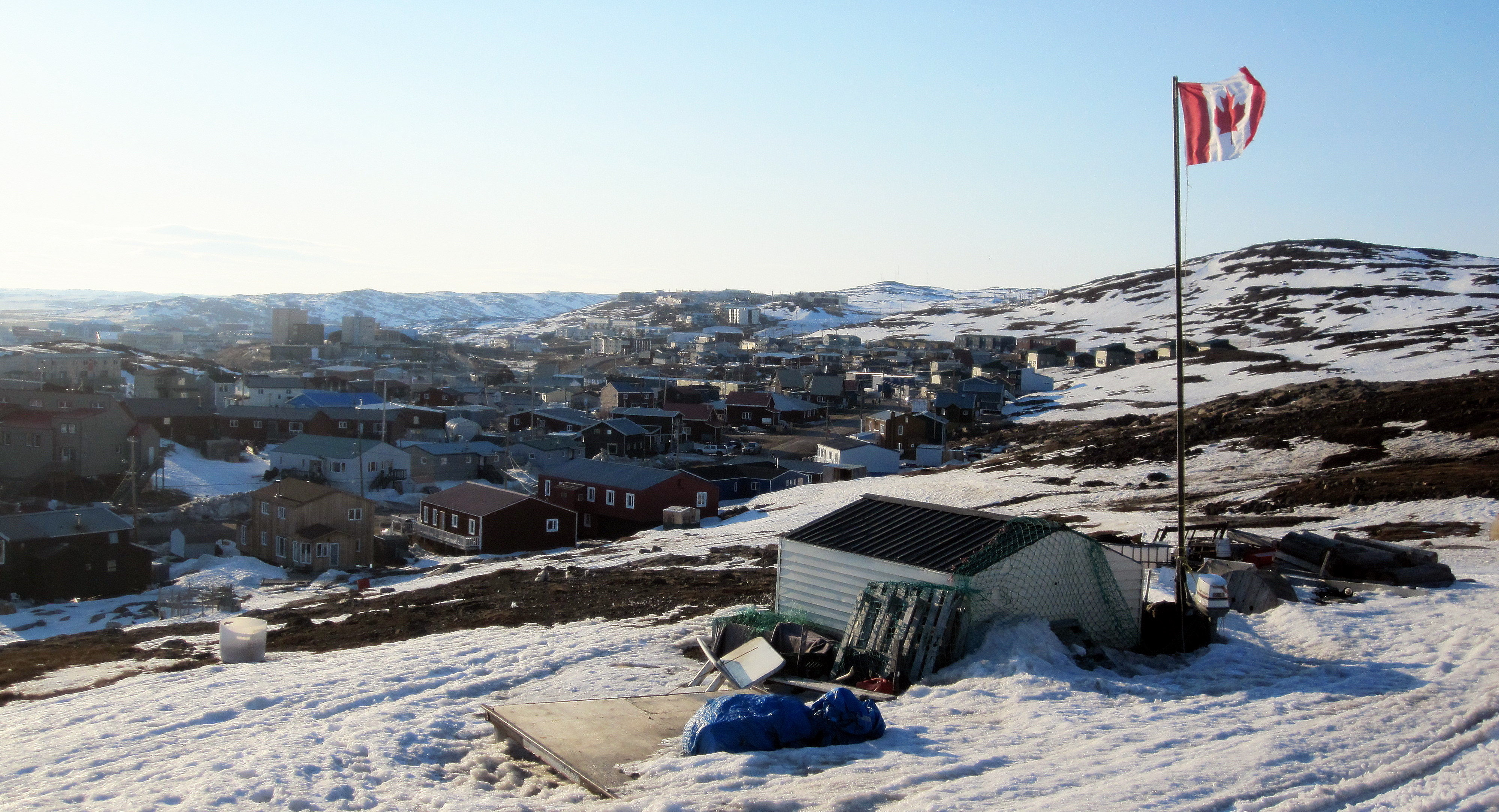Last week, students and activists took to the streets of Hong Kong to voice their opposition to the Chinese government’s restrictions on the 2017 election of the Chief Executive of Hong Kong, as outlined in a proposal released by the National People’s Congress (NPC) on August 31. The protesters demanded true democracy—universal suffrage with open nominations. Police use of tear gas and pepper spray during the demonstrations caught the attention of the world, and with that, generated deep sympathy towards the plight of the protesters. In Canada, students from a coalition of Ontario universities marched down the streets of Toronto in a demonstration of solidarity with the students in Hong Kong.
While the protests in Hong Kong have received worldwide media coverage, the details that have emerged have largely focused on describing the movement itself. In contrast, little has been said about the movement’s historical context and its legal ramifications.
Many significant facts have been neglected in the media’s coverage of the protests. For one, Hong Kong was not a democracy under British rule. For a century and a half, the governors of Hong Kong were appointed in London, without exception, and without any input from the people of Hong Kong. Both the current form and the proposed 2017 form of election of the Chief Executive by default provide Hong Kong with a higher level of democracy than it has ever previously enjoyed. While Kong Hong has not historically been democratic, this does not suggest that the special administrative region should not strive to establish a democratic government now. It is however, an important part of the discourse, as the current protests are a significant move forward towards democracy.
The media also takes for granted the legal invalidity of the NPC’s 2017 proposal. Contrary to being a clear-cut violation of the Basic Law, the legal clauses concerning the election of the Chief Executive contain broad terms that naturally invite different interpretations. Alan Hoo, a barrister and expert on the Basic Law, believes that China has not broken any promises. He argues, “Universal suffrage, under the international covenant, means that there are express rights to elect or be elected. There is no express right to nominate.” This is problematic, as the protesters are asking precisely for the right to nominate.
This interpretation is contested. Among others, Chris Patten, former Hong Kong governor, insists that China has broken promises enshrined in the Basic Law, and is hiding behind flexible legal language. Whether the 2017 proposal fits into the framework of the Basic Law very much depends on how exactly Article 45 and Annex I of the Basic Law are to be interpreted.
Important historical and legal considerations have been left out of the public discourse concerning the protests in Hong Kong. No doubt at a critical juncture, the 2017 election may very well set the tone for Hong Kong’s political future and have a profound impact on the rest of China. If through public protest the people of Hong Kong achieve a democratic government free from Communist central control, their success will set a precedent for democratic movements in Mainland China, thereby posing a serious threat to the established communist monopoly over territory that is home to the largest population in the world.





